Amid challenges of raw materials and auto industry slowdown, the Indian tyre industry is continuing to perform well.
Story by: Bhushan Mhapralkar
Apollo Tyres has reported 18 per cent growth in FY2018-19 at Rs.17273 crores as against Rs.14674 crores in FY2017-18. Revealing ‘Vision 2020’, which focuses on building leadership in India, premium-isation in Europe, and strategic exploration of attractive markets, the tyre major reported a net profit of Rs.680 crores. JK Tyre achieved the milestone of Rs.10,000 crores turnover in FY2018-19 on the back of an all-round increase in market presence, undeterred by the headwinds of a market slowdown and poor credit availability. With the Indian auto industry experiencing a near unprecendented slowdown over the last eight months, the tyre industry as a whole, if the annual reports of the tyre majors like Apollo and JK Tyre were to be believed, has performed smartly.
Expected to witness an uptake in radialisation, the Indian tyre industry, affected by the slowdown, continues to operate smartly and drive a robust de-risking strategy by looking at non-auto segments like off-highway and OTR tyres among other avenues. Driving their R&D departments to look at efficient and cost competitive products amid considerable fluctuation in raw materials prices and their availability, the tyre industry continues to innovate. With tyre makers like JK Tyre continuing to invest in building capabilities at the R&D level as well as the operations level, the tyre industry is well-poised to tackle the challenges that are coming their way.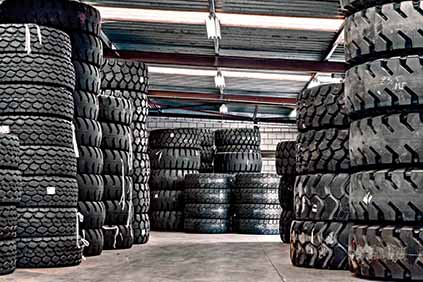
Keeping an eye on the changes affecting each and every segment in the automotive space, including the proliferation of vehicles like quadricycles, e-rickshaws and electric buses, the tyre industry in India is building agility and flexibility into its operations. It is leveraging its know-how in the domestic market as well as the exposure in export markets to do so. With many tyre majors like Apollo Tyres and JK Tyre already operating in the international markets with brands that are native to those markets, and with plants that produce tyre for that local market or for the region, the Indian tyre industry is chalking out a definitive strategy to turn global and diversify enough not to be bogged down by a downturn in one sector.
Closely following any scope for further radialisation in the PV segment, the growth in the two wheeler segment, and the changes in preference as well as usage of tyres in the commercial vehicle segment, the Indian tyre industry is smartly utilising its capacities to continue to do well. Keeping the optimism up despite a considerable slowdown in the auto space, the tyre industry in India is estimated to grow by nine to 11 per cent in unit volume. It is also estimated to record a good growth in tonnage in the current fiscal. Laying much stress on innovation and efficient production, tyre manufacturers are upscaling their activities at the OEM end as well as at the aftermarket end. Indulging in ever active marketing of tyres and support facilities to provide end users a peace of mind, tyre manufacturer in India are experimenting strategies that were until now used in the advanced markets of US and Europe.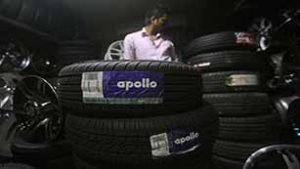
If this hints at a maturing market, in their quest to reach close to the customer and keep him in the family, tyre manufacturers are going to great lengths to address his or her requirements. Striving to meet the customer requirements through specially formulated schemes that combine technology and market knowledge, tyre manufacturers are leaving no stone unturned to get a larger share of the market. Investing in the manufacture of efficient tyres that are right for the new breed of electric buses in the counry, tyre manufacturer are working more closely with automotive OEMs to get the configurations right. As much attention the tyre industry is providing to the automotive OEMs, it is also providing to the aftermarket.
Market trends
What made it essential for the tyre industry to pay attention to the aftermarket as much as the OEMs is the change in market preferences and regulations. The announcement of new axle norms in the CV segment led to a change in the tyre requirements almost immediately. Axle load specifications of CVs went up, necessitating a need to change tyre configurations. Laying stress on setting new standards in a challenging environment, the tyre industry was quick to team up with OEMs and come out with trucks that address the operator needs in-line with the new axle norms. The tyre industry also went to work with OEMs and bus body builders to help address the changing requirements of the respective industry in the case of tyres on counts like wear resistance, grip, comfort, noise, etc. Moderating costs despite rising raw material prices, the tyre manufacturers are working closely with trade partners to deepen market presence and graduate from product sale to consumer solutions.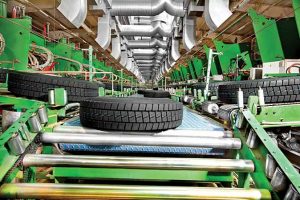
Laying impetus on research to address market trends, the tyre industry in India is eyeing the future by anticipating infrastructure change; change in mobility and in the way goods and people move. Responding to trends like rising urbanisation and tightening regulations, the industry is looking at new ways to grow. Employing organic and inorganic growth strategies to ensure growth, the Indian tyre industry is striving to increase utilisation levels to achieve lean production,a broad-based tyre portfolio, diversify, build relations and achieve a formidable export performance. Pushing for an increase in the domestic market on the back of anti-dumping duties being levied, tyre manufacturers in India are aggressively and positively responding to the rising competitiveness with the entry of international brands. They are making new strides in quality improvement.
Rolling out fuel efficient and low rolling resistance tyres to address the needs of manufacturers that have come out with electric vehicles, the tyre industry in India is striving to present a superior value proposition for its customers. Leveraging tools like ‘special interest dealesrhips’, network expansion, specific brand outlets, special promotional schemes, tailor made service offerings for various segments including two wheelers, PVs, CVs, three-wheelers and micro four-wheelers, the industry is gearing itself to become a complete solutions provider. Taking pro-active initiatives to build confidence, the tyre industry is re-visiting and strengthening all areas of its business-right from the procurement of raw materials to providing utmost support to the tyre user. Looking at higher engagement, the tyre industry in India is working to gain a distinct competitive advantage. ACI



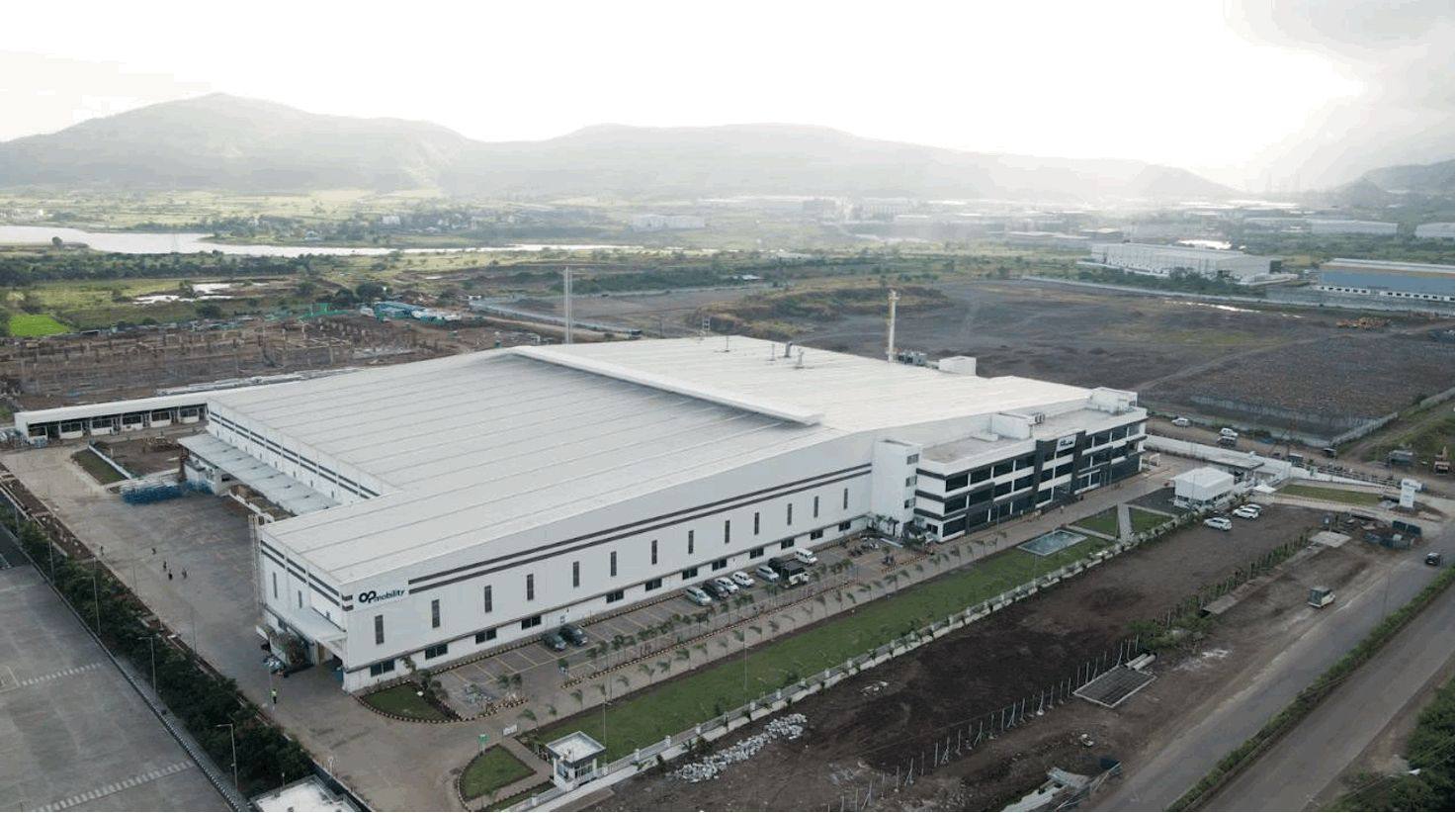

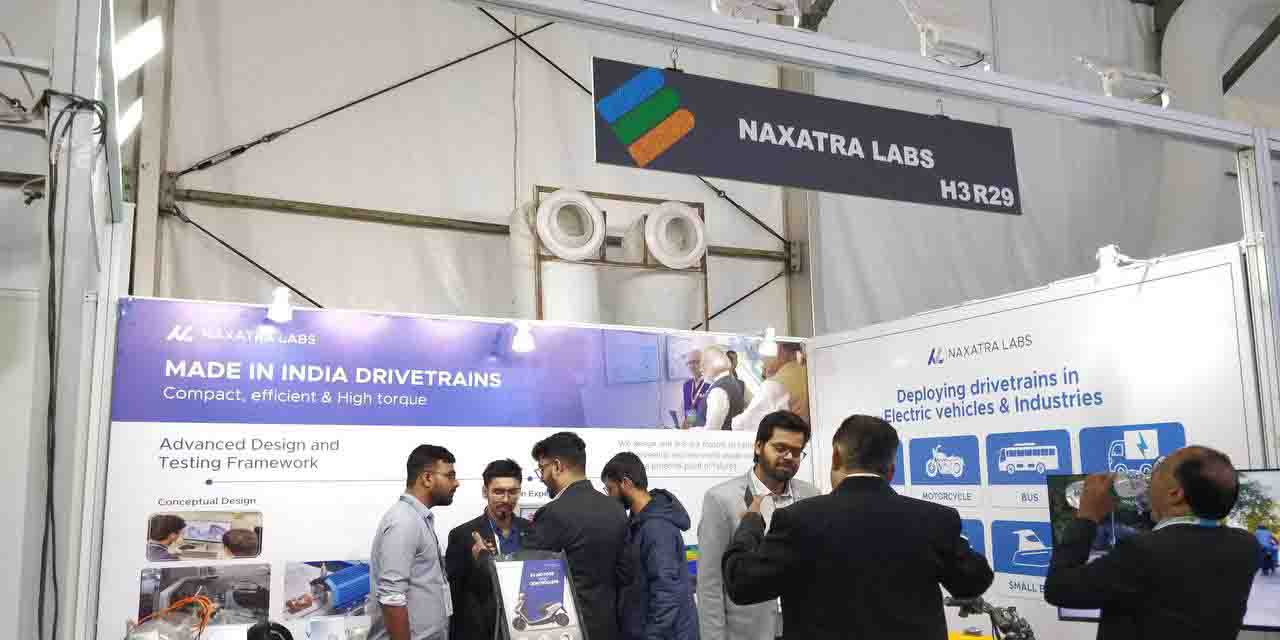
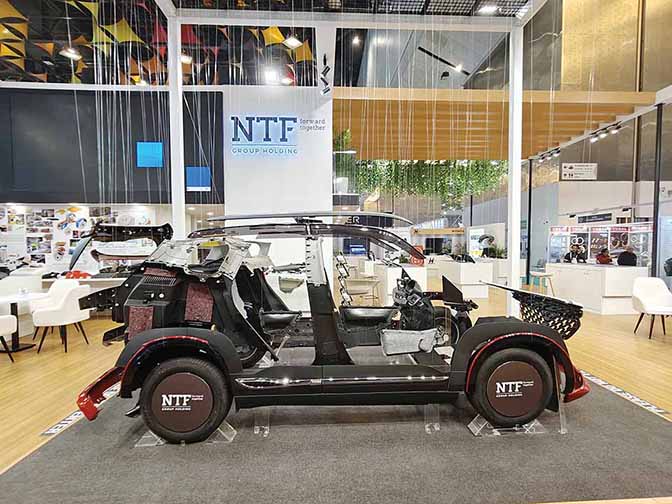
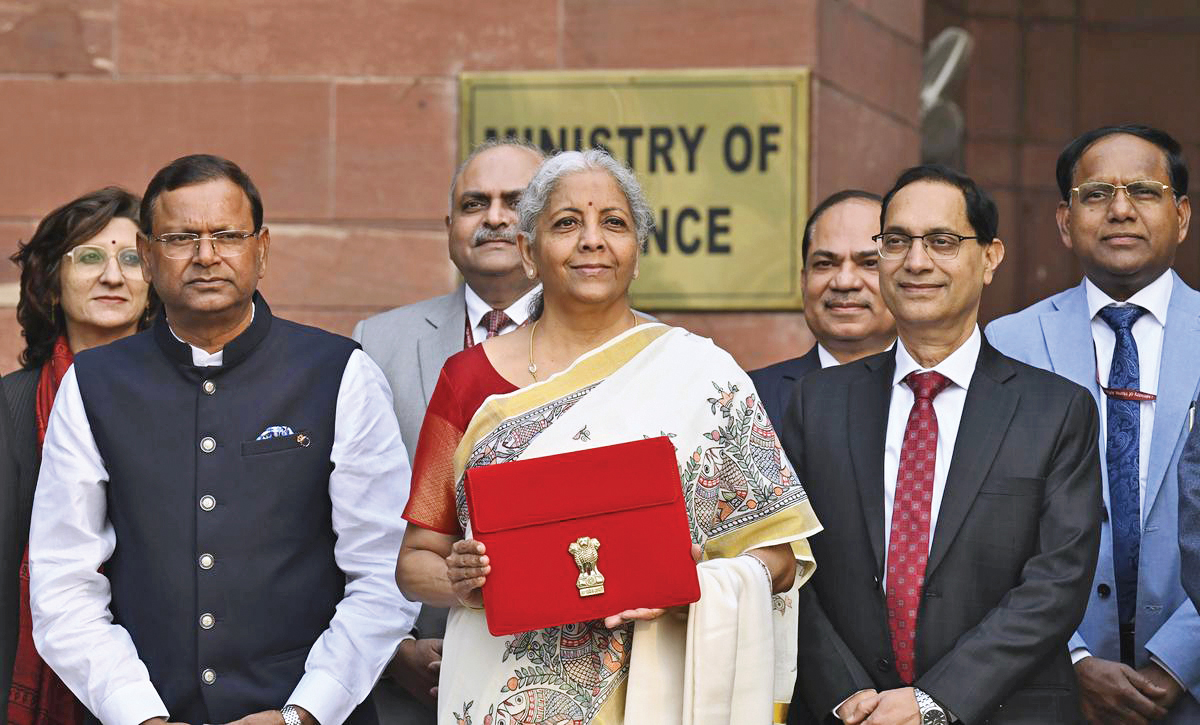




Leave a Reply